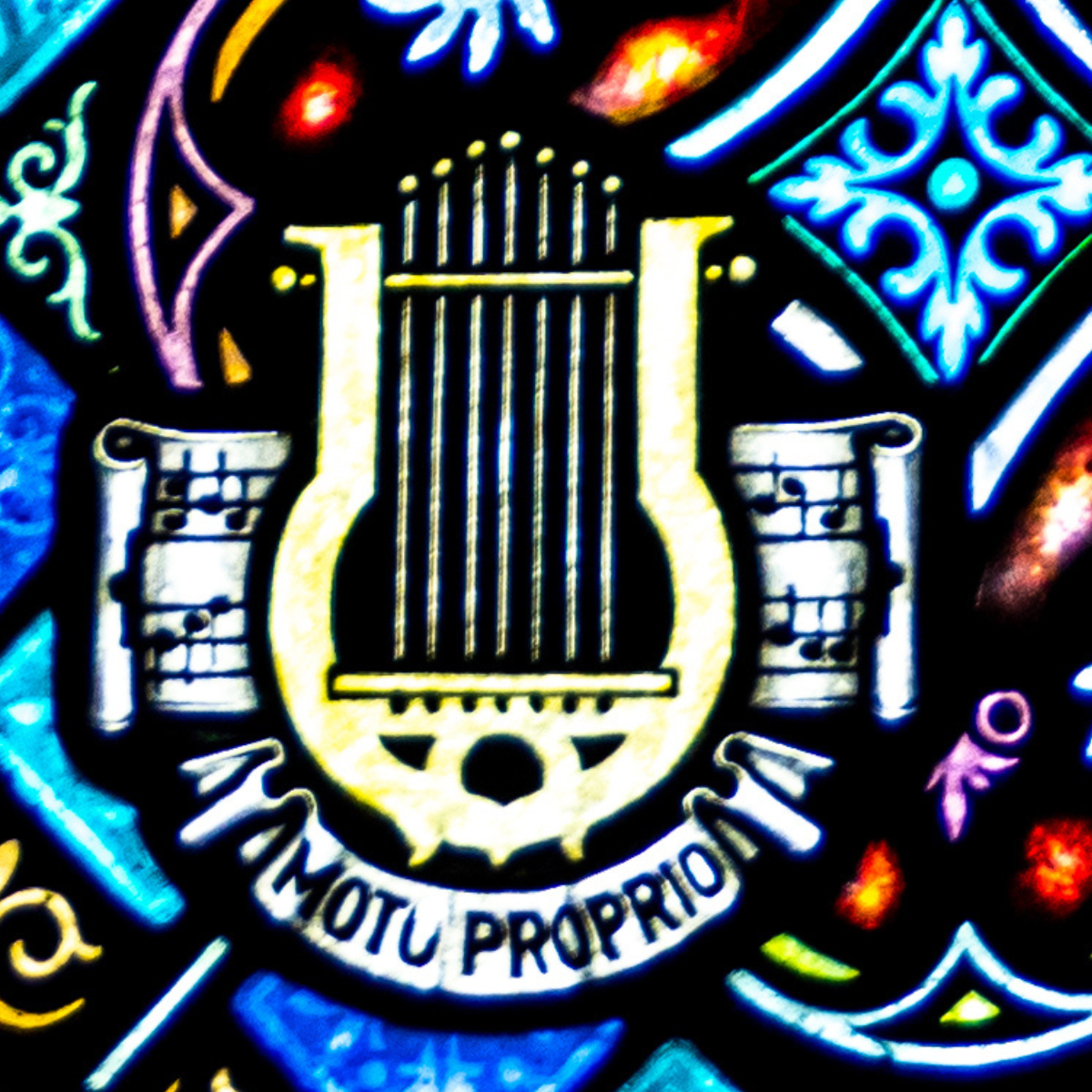 Home
Home
Master of Arts in Liturgical Music
Master of Arts in Liturgical Music (LMUS)
The Master of Arts in Liturgical Music prepares students to serve the church as pastoral leaders in the musical dimensions of worship. The program integrates musical training with academic study of the liturgy and formation in practical aspects of parish musical leadership.


At a Glance
Formats
In-Person
Length
2 Years
Application Deadline
Rolling Admission
Professional Outcomes
Liturgy Director
Worship Director
Publishing/Composition
Choir Conductor
Master of Arts in Liturgical Music Overview
The Master of Arts in Liturgical Music requires the completion of 42 credit hours. The MA in Liturgical Music includes 15 credits in theological coursework, 10 credits of music coursework based upon the chosen focus area. In addition to coursework the MA in Liturgical Music prepares students for leadership in the church through an applied seminar, choral conducting, an elective, and formation requirements.
Focus Areas
- Organ
- Composition
- Vocal/Choral
- Piano/Contemporary
- Gregorian Chant
Degree Breakdown
Master of Arts in Liturgical Music – 48 Credit Hours
Core Theology
15 Credits Total
Musical Tracks
10 Credits Total
Applied Liturgy and Music
8 Credits Total
Choral Conducting
3 Credits Total
Electives
3 Credits Total
Formation
3 Credits Total
Core Theology: 15 Credits Total
Required Courses: 9 Credits Total
- Initiation and Eucharist: 3 Credits
- Rites of the Church: 3 Credits
- Liturgical Song: 3 Credits
Theology Elective: 3 Credits
- History of Christianity
- Systematic Theology Elective
- Scripture Elective
Liturgy Elective: 3 Credits
- Liturgical Year
- Sacrament and Worship
- Liturgy of the Hours
- Introduction to Pastoral Liturgy
Musical Tracks: 10 Credits Total
- Students select a music track of their preference for further study.
Applied Liturgy and Music: 8 Credits
- Students register for the Liturgical Music and Chapel Choir seminar all 4 semesters.
Choral Conducting: 3 Credits
Electives: 3 Credits
Formation: 3 Credits
- Field Education: 3 Credits
- Discernment in Prayer: 0 Credits
Theological Integration
Academic Excellence
- Obsculta Journal – Each year students, with the oversight of a faculty member, publish a student journal of theology.
- Language Training – Saint John’s regularly offers coursework in Greek, Latin, and Hebrew.
- Alcuin Library – Home to the Saint John’s Bible and the Hill Museum and Manuscript Library, Alcuin contains one of the largest theological collections in North America.
- Conference Support – Saint John’s financially supports students to attend conferences to hone their academic writing.
Spiritual Formation
- Midday Prayer & Convivium – Every Thursday students, faculty, and staff gather for an ecumenical midday prayer and shared meal.
- Monastic Horariums – Saint John’s Abbey and The Sisters of the Order of Saint Benedict pray the Liturgy of the hours every day.
- Spiritual Direction – While not required in the MTS curriculum, students are able to take advantage of Spiritual Direction with the monastic communities.
- Daily Mass – There are many options for daily Mass with in the local community, and Tuesday Mass is offered in Emmaus Hall.
Student Experience
- Community Retreat – Every year Saint John’s hosts a community day of retreat for all students, faculty, and staff.
- Student Government – Events are planned throughout the year by the student government for students.
- Student-Led Retreats – Student government hosts two student retreats a year, one in the fall and one in the spring.
- Embedded Experience – our graduate students have full access to the dining halls, sporting events, fine arts programming, weightrooms, campus ministry, etc. of the College of Saint Benedict and Saint John’s University.
Application Process
Saint John’s uses a robust application software, Slate, for the application process. Prospective students will create a username and password, and then upload/request pertinent information directly into Slate. After beginning an application, students can log back into the application portal and check their progress.
If you have any questions/concerns about Slate and the admission process, please reach out to the Admission Office: [email protected]
Written Narrative
Applicants are required to upload a typed narrative as a part of the application. This narrative should be about 800 words. The narrative should address the applicants professional and vocational goals, and their interest in graduate theological training in liturgical music in service to Christian communities of worship.
Resume/CV
Applicants are required to submit an updated résumé outlining personal, educational and professional backgrounds.
Letters of Recommendation
Ma in Liturgical Music applicants are required to submit 3 letters of recommendation, from educational or professional contacts, within the online application system.
Recommenders should be able to speak to the academic ability, musical proficiency, leadership qualities, communication skills, and overall readiness for graduate theological study.
Transcripts
Official transcripts of post-secondary coursework must be sent from the Registrar’s Office to the Admissions Office
Contact Information for Sending Transcripts:
Admissions at Saint John’s School of Theology and Seminary
P.O. Box 7288
Collegeville, MN 56321
Audition
An audition and interview are required for admission to the program. This can be done in-person or online. For online auditions, arrangements will be made with the admission office.

Next Steps
Our Office of Admission is available to walk with you in your discernment. Whether you’re questioning which degree is the best for your personal, vocational, and professional goals or if you feel ready to start your application today, our team is prepared to accompany you through the process.

